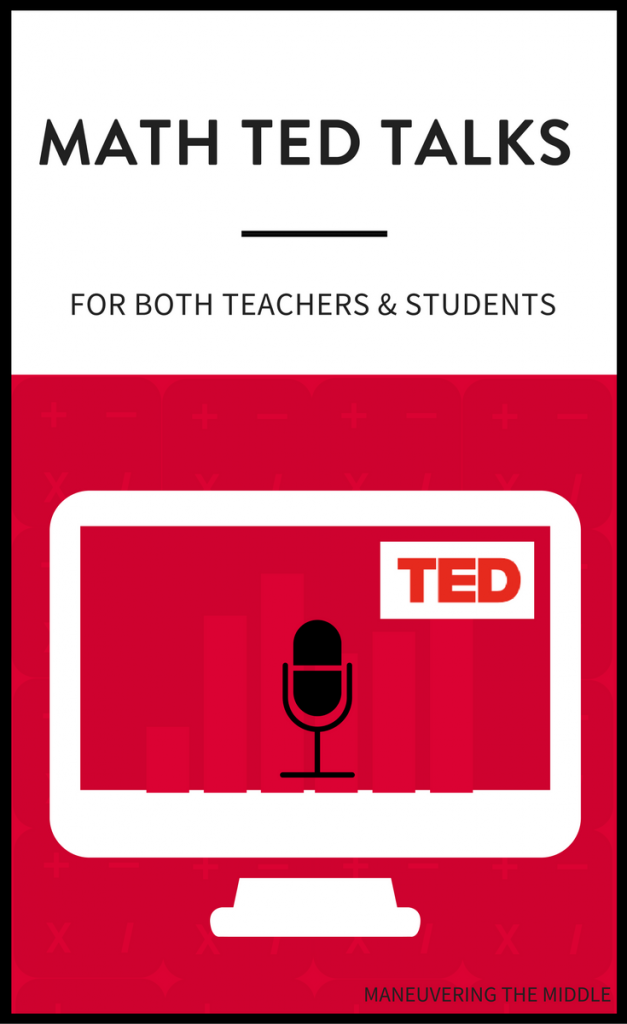


I mean, it would be great to convince other people of that idea: I could sell tickets to a concert in Times Square. I'm still not sure I agree that random sounds qualify as art, though. And the avant-garde I'm barely aware of is pretty old. Maybe that's because I haven't had the same kind of exposure to those forms you have, which sound like they go a bit past the avant-garde. You say you're a believer in "sound as art." That seems vague. Now, if your definition of music is "the possibilities of different tones and sonic textures and how those sounds mutate or exist as punctuated events over time," then I think I'm a bit closer to understanding where you're coming from. But it still seems to boil down to the fact that you like it and that it has some similarities to other pieces you like. And it's nice to know that you "like hearing the possibilities of different tones and sonic textures and how those sounds mutate or exist as punctuated events over time." That almost sounds like an answer to my question. I mean, it's nice of you to expand on that a little, so I have more of an idea about what those things are. Thanks for the clarification but, I mean, not to beat a dead horse or anything, but the earlier quote of yours that you re-posted still sounds like you think this piano piece qualifies as music because you like it, or you like certain things about it, certain qualities that you enjoy in "other forms of music."

(This piece may not be totally random either, btw.)īut to answer the question, this piano piece is music to me because I like the texture of the piano tone, it's resonant properties, and the almost tangible silence and tension between the notes - qualities that I enjoy in many other forms of music. It just makes it similar to something you like, which may or may not be purely random.

So why does a random set of notes qualify as music? Because of some other supposedly similar stuff you've listened to and liked? That doesn't make it music. And in the TED talk the speaker said that he and his team had achieved something that Schoenberg had attempted to do but never could: a totally random structure. I have listened to some Schoenberg, and obviously Phillip Glass (who's in another category). But when I asked, "Is it music?" you answered "of course it is." You haven't explained why, you've just given some examples of things probably none of us (or very few) have ever listened to. I don't even think it's at odds with pop - then again I have a radically, fundamentally different view of music than pretty much everyone. As a person who listens to and immensely enjoys stuff like electroacoutic improvisation, computer music, field recordings, spectralism, and "The New Complexity" - I guess that kinda stuff warped my brain to hear beauty in what most people would consider random sounds or noise (which I like also). But to answer the question, this piano piece is music to me because I like the texture of the piano tone, it's resonant properties, and the almost tangible silence and tension between the notes - qualities that I enjoy in many other forms of music. Marcel Duchamp's idiom sounds more radical in concept and execution by comparison. Like I said, this piece doesn't sound any different from any given piano work by Wofgang Rihm or Iannis Xenakis.


 0 kommentar(er)
0 kommentar(er)
